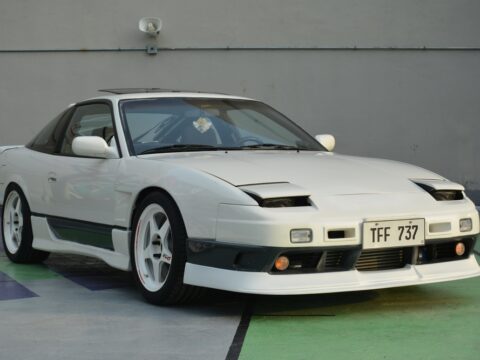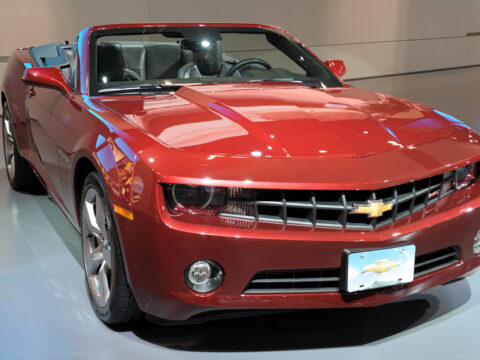Classic trucks embody a timeless charm, drawing enthusiasts with their rugged builds and vintage appeal. Yet, as with any vehicle that’s spent decades on the road, age brings unique mechanical challenges. Owning a classic truck means facing issues that arise from aging components, like carburetor malfunctions, persistent oil leaks, and transmission wear. These problems, though common, require a hands-on approach and regular maintenance to keep the truck’s performance and reliability in check. For those dedicated to preserving their truck’s legacy, recognizing these mechanical quirks is an essential part of ownership.
Addressing the typical problems found in classic trucks involves more than routine upkeep – it’s about understanding what makes these vehicles tick. Rust and corrosion threaten to weaken frames, electrical systems may become unreliable, and suspension parts often wear out under the weight and strain of heavy loads. With the right knowledge and a commitment to proactive care, classic truck owners can confidently tackle these challenges, ensuring their beloved vehicles remain roadworthy and true to their original glory.
Contents
Transmission Issues
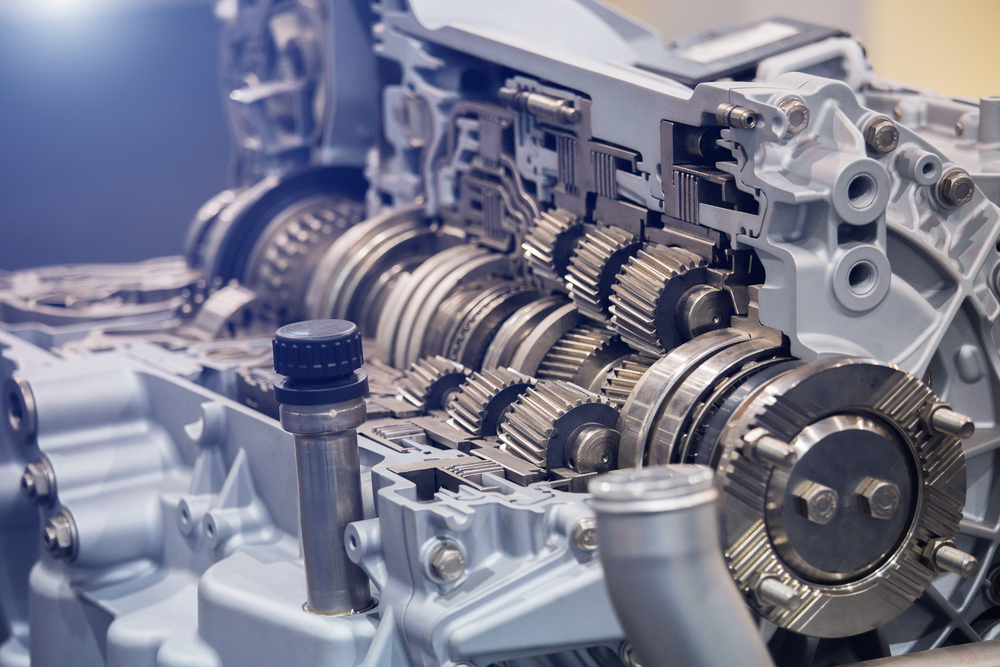
Transmission problems are prevalent in classic trucks, particularly due to wear and tear over decades of use. Aging transmissions can face issues like slipping gears, leaking fluid, and slow shifting response, often because seals and gaskets degrade with time. These problems are exacerbated by outdated designs that lack modern transmission durability, leading to difficulties under the stress of hauling or towing. Without regular fluid changes and possible overhauls, older transmissions may fail. Keeping them in shape requires vigilant maintenance, including consistent checks for fluid levels and the condition of key components.
Carburetor Issues
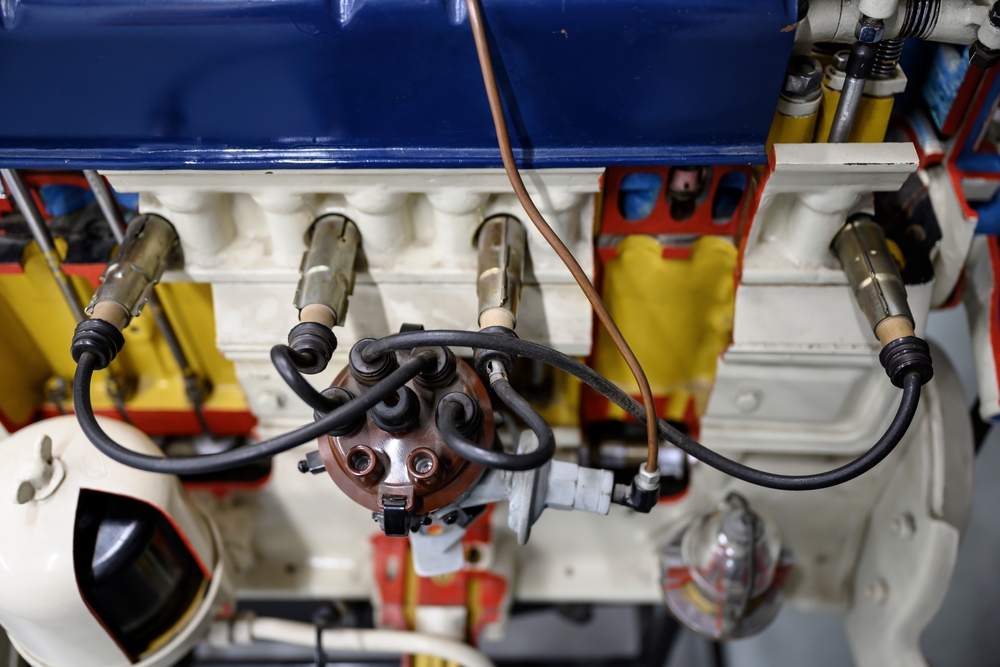
Many classic trucks use carburetors rather than modern fuel injection systems, making carburetor problems a common headache. Over time, carburetors can suffer from blockages, poor air-fuel mixture adjustments, and fuel leaks. Since carburetors are susceptible to residue buildup and clogging, they may cause rough idling, hesitation, or poor fuel efficiency. Cleaning and adjusting carburetors is essential to ensure the engine runs smoothly, but this maintenance can be tedious. Regular inspection and occasional rebuilds can help keep a classic truck’s carburetor functioning properly and maintain optimal fuel delivery.
Oil Leaks
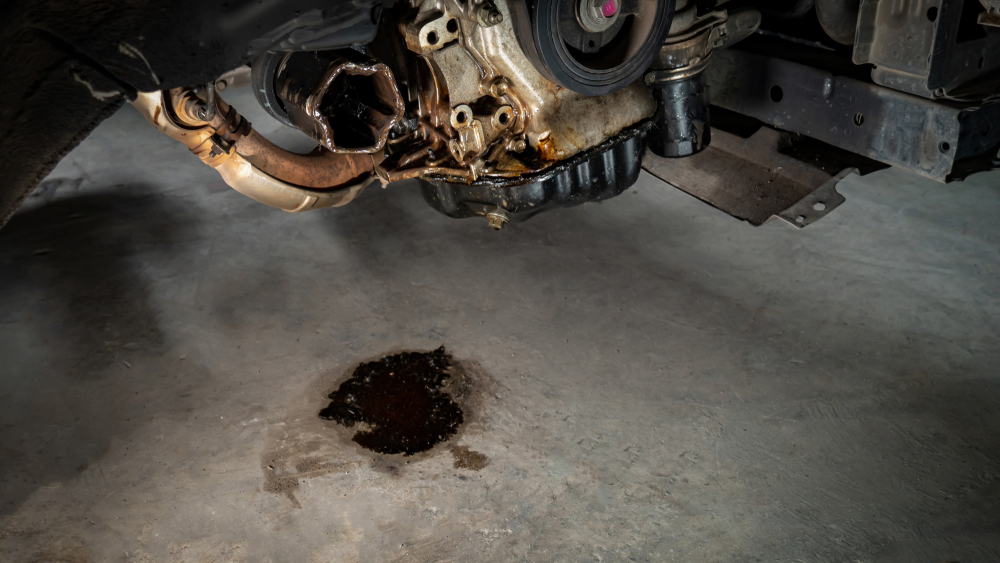
Oil leaks are a persistent issue in classic trucks due to aging gaskets, seals, and worn-out engine components. These leaks commonly appear around valve covers, oil pans, and rear main seals, creating unsightly drips and potentially leading to low oil levels and engine damage. Over time, rubber seals can harden and lose their ability to hold oil, while metal surfaces may warp and lose alignment. Regularly checking and replacing seals and monitoring oil levels can prevent minor leaks from escalating into serious engine issues, protecting the engine from wear and excessive heat.
Rust and Corrosion
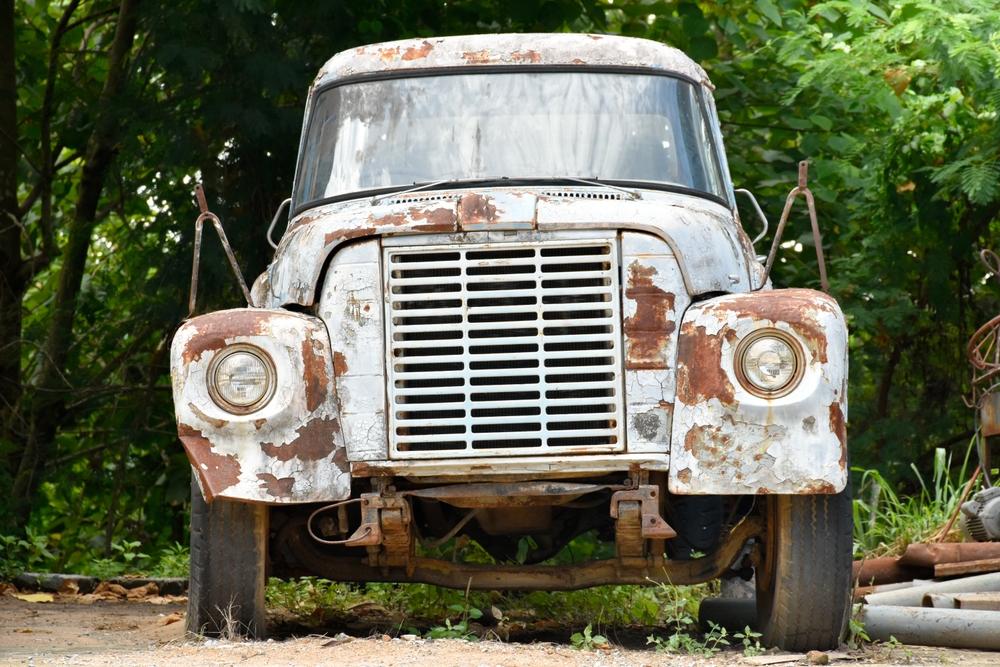
Rust and corrosion are notorious for affecting classic trucks, particularly in areas with harsh winters or salty air. Metal components, including the frame, undercarriage, and body panels, are highly susceptible to rusting due to exposure to moisture, road salt, and oxidation over the years. Rust can weaken structural integrity, compromise safety, and lead to costly repairs. Regular rust prevention techniques, such as applying protective coatings and cleaning the undercarriage, are essential to prolong the life of these metal parts. Addressing small rust spots early can prevent them from spreading, preserving the truck’s value and stability.
Electrical Problems
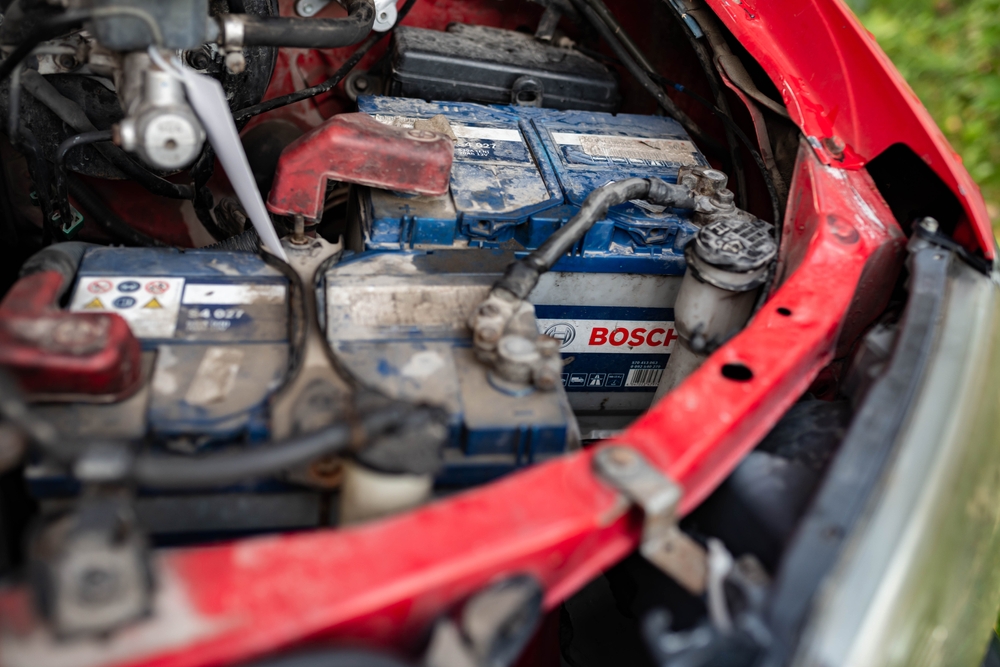
Electrical issues are common in classic trucks, as aging wiring and outdated electrical systems are prone to failure. Over time, insulation on wires can degrade, and connections may corrode, leading to intermittent power, dim lights, and faulty gauges. This aging electrical setup makes diagnosing issues challenging, and replacement parts may be hard to find for specific models. Regularly inspecting and replacing damaged wires, fuses, and connections can keep the electrical system functioning reliably. Upgrading to modern wiring harnesses can also enhance durability while maintaining the truck’s classic appeal.
Suspension Wear
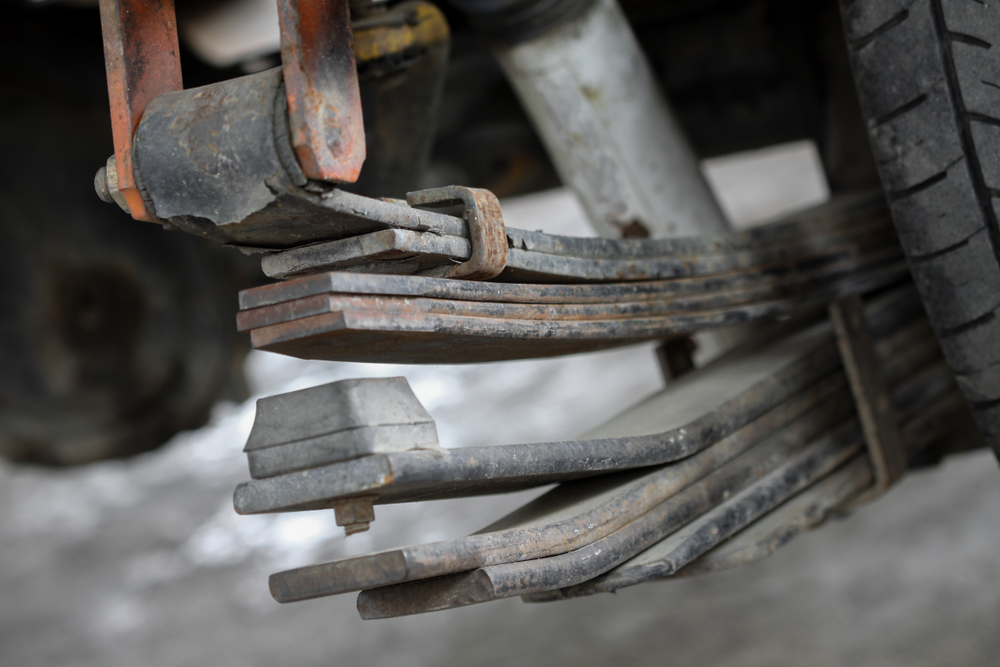
The suspension system in classic trucks, including shock absorbers, bushings, and leaf springs, suffers from years of use and heavy loads. Suspension wear causes the truck to handle poorly, resulting in a bumpy ride, alignment issues, and even tire wear. Classic trucks with solid axles and leaf springs are prone to added stress under load, which leads to accelerated wear on suspension components. Regular maintenance, including checking and replacing worn parts, ensures a smoother ride and helps keep the truck’s handling and safety up to standard.
Brake Wear and Fade
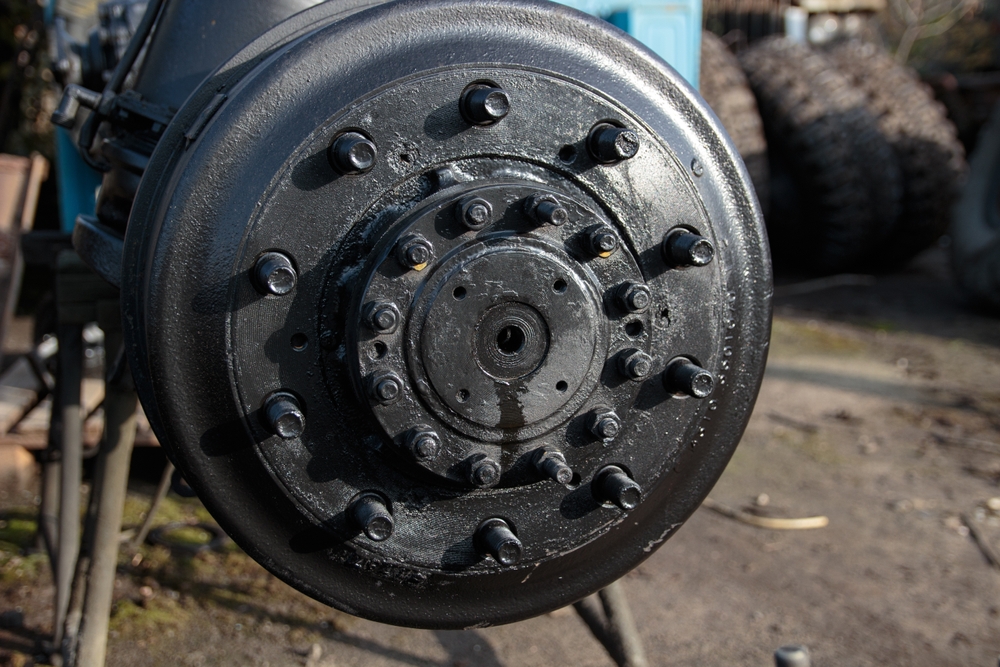
Brake components in classic trucks, like drums, rotors, and pads, are subject to wear and can become less effective over time. Brake fade, reduced stopping power, and unusual noises are common issues caused by worn brake linings or overheated brake drums. Classic braking systems are often less powerful than modern ones, meaning they require consistent maintenance to avoid failures. Regular inspection, replacement of worn parts, and adjustment of brake systems are essential to maintain safety, especially when driving a heavier classic vehicle.
Fuel System Blockages
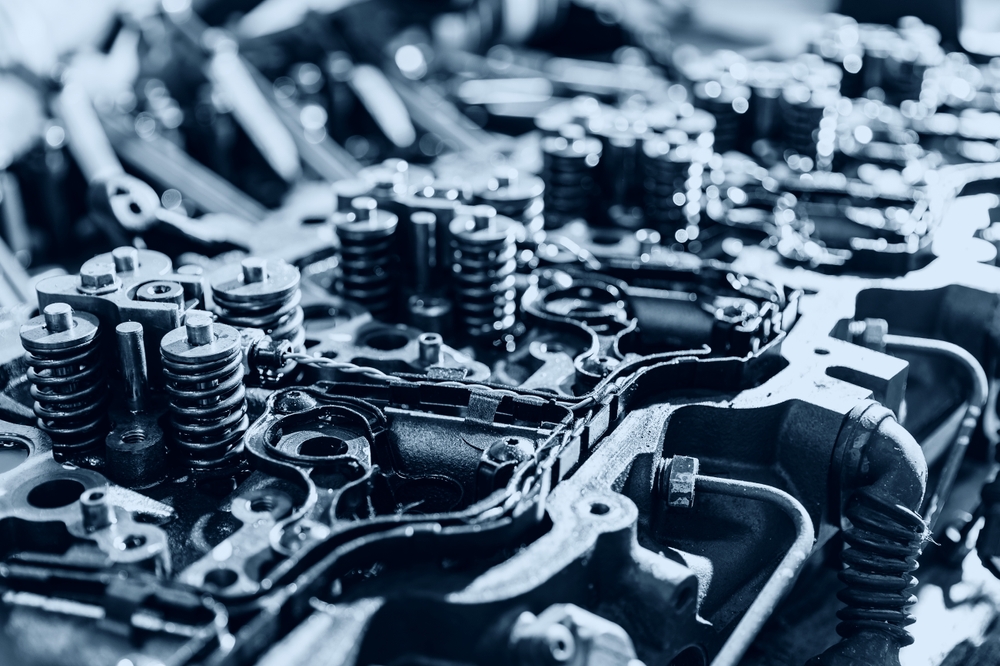
Classic trucks often face fuel delivery issues due to aging fuel lines, dirty filters, and sediment buildup in the fuel tank. Over time, rust or debris can clog the fuel lines or carburetor, leading to poor fuel flow, engine hesitation, or stalling. Without fuel injection, these systems rely heavily on the fuel pump and clean lines to deliver fuel consistently. Regular replacement of fuel filters and cleaning of the fuel system can prevent these blockages, ensuring that the engine gets a steady supply of fuel.
Cooling System Failure
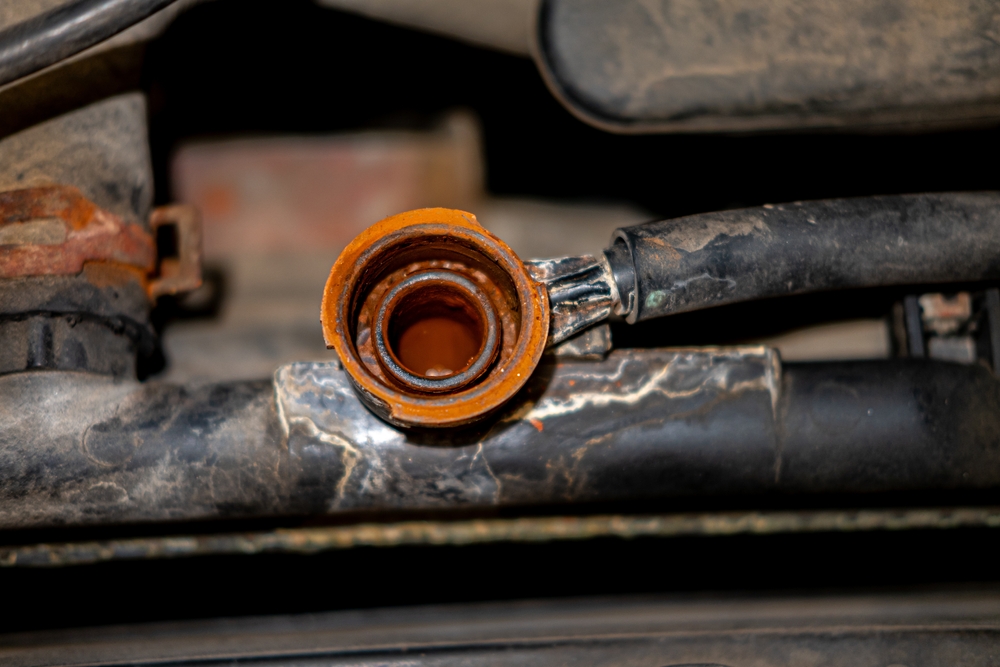
Cooling systems in classic trucks, which typically feature radiators, hoses, and water pumps, are prone to failure over time. Hoses can crack, radiators corrode, and water pumps lose efficiency, leading to overheating, especially during warmer months. Aging cooling systems need regular flushing, hose inspections, and replacement of corroded parts to keep the engine from overheating. Replacing aging components can improve the cooling system’s efficiency and prevent engine damage due to excessive heat.
Exhaust Leaks
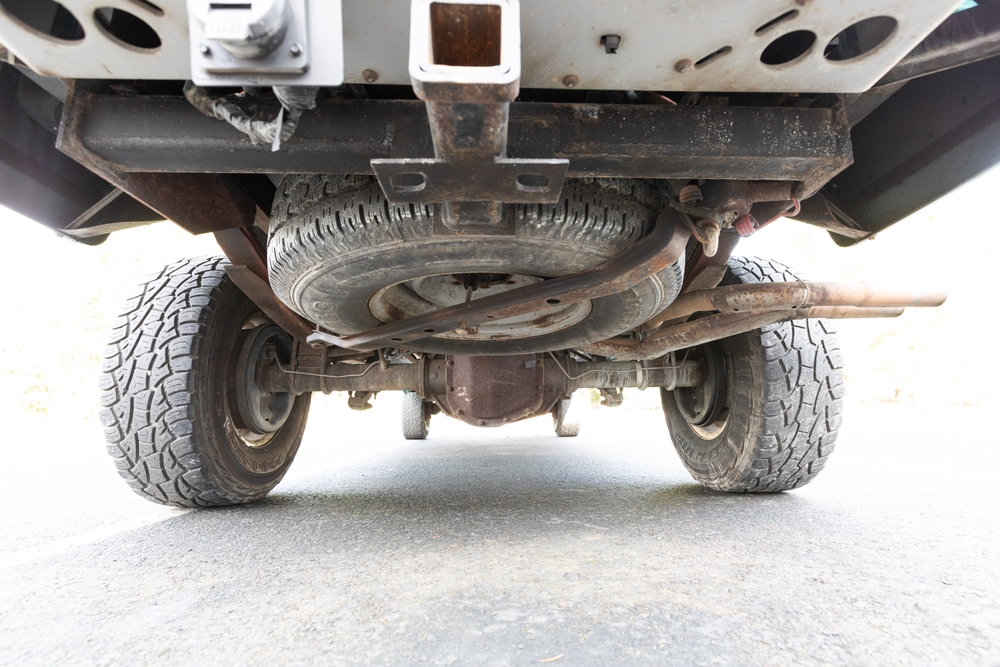
Exhaust systems in classic trucks, which include manifolds, pipes, and mufflers, often develop leaks from corrosion and wear over time. These leaks can cause loud noises, poor fuel efficiency, and even harmful emissions entering the cabin. Exhaust systems are highly susceptible to rust and may develop cracks or holes, particularly around welds and joints. Regularly inspecting and replacing exhaust components helps maintain proper exhaust flow and keeps the truck quieter and more fuel-efficient.
This article originally appeared on MyCarMakesNoise.
More from MyCarMakesNoise
19 Imported Cars That Are Difficult to Maintain in the U.S.

Owning an imported car can be exciting, but maintaining one in the U.S. often comes with its own set of challenges. From scarce parts to unfamiliar mechanics, keeping these unique vehicles on the road can be a daunting task. Read More.
10 Game-Changing Engine Mods to Maximize Power

Enhancing your vehicle’s performance often starts with making radical engine modifications. For both seasoned car enthusiasts and those new to the high-performance scene, understanding key engine upgrades can unlock a car’s full potential. Read More.
13 Luxury Cars That Didn’t Live Up to the Hype

When it comes to luxury cars, expectations are always high. Buyers anticipate top-notch performance, cutting-edge technology, and impeccable design. Read More.

